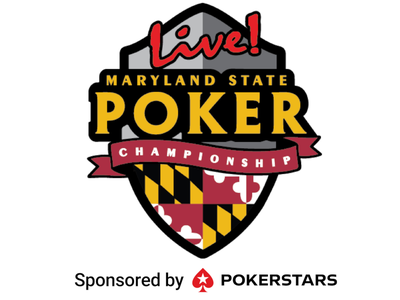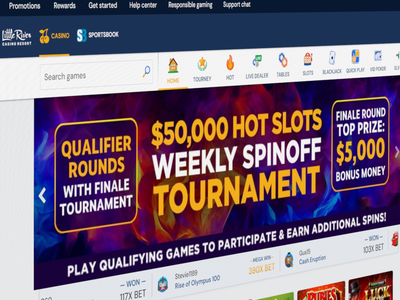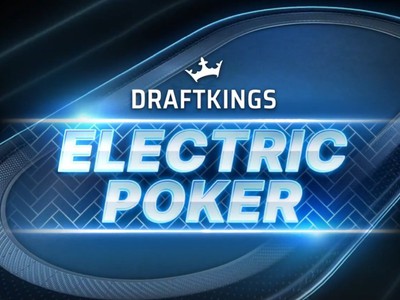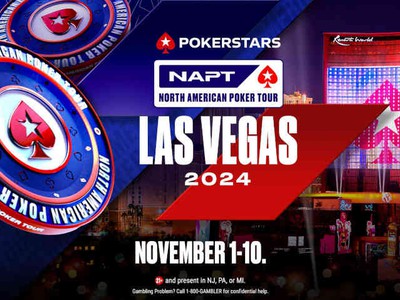A controversial bill that would have required online poker operators in Nevada and other states to publicly disclose the status and names associated with any accounts banned for cheating or for violating an online poker room’s terms and conditions failed to gain traction with lawmakers and will not be considered again until February 2025 at the earliest.
Attorneys who specialize in US gaming law called the proposed legislation, AB380, a “terrible idea” in an exclusive interview with Poker Industry PRO last week.
“Nevada has no jurisdiction over [operators outside the state],” Saiber LLC’s Jeremy Kleiman said in the interview. “I would hope the legislature does not pass the bill as written.”
Lawmakers appear to have taken Kleiman’s advice and iced the proposal — for now.
- $100 in freeplay funds
- Win WSOP bracelets
- New Poker 8 software
What the Bill Proposed
AB380 was introduced on March 22. Its strongest proponent was professional poker player Sara Ralston, who told lawmakers at an Assembly Judiciary Committee hearing on April 5 that the bill “would help to deter cheating and other illicit activities by sending a clear message that such behavior will not be tolerated.”
The bill called for the Nevada Gaming Commission (NGC) to create a list of people who have been suspended or banned from an interactive gaming site for cheating. It would also require operators to provide the Nevada Gaming Control Board (NGCB) with the full name and date of birth of anyone accused of cheating.
One surprise is that the bill would have required operators not licensed in the state but who are licensed in other states to also submit the names and birth dates of accused cheaters to the NGCB. Operators in Delaware, Michigan, and New Jersey — the three other states that are signatories of the Multi-State Internet Gaming Agreement (MSIGA), a multi-state gaming compact for online poker and some casino gaming — would have been required to transmit data to the NGCB.
That means BetMGM and PokerStars — neither of which have an online casino or offer online poker in Nevada — would have been impacted by the bill’s passage.
But the proposal appeared doomed from the start, judging by the tone of the questions lawmakers posed to Ralston at the April 5 hearing. It also didn’t help that representatives for Caesars Entertainment — which owns WSOP NV, the only online poker room currently live in the state — showed up at the hearing to testify that the company strongly opposed the legislation and predicted it would face multiple lawsuits if it passed.
“Should AB380 proceed, we anticipate being drawn into lawsuits by potentially thousands of players, who interacted with a later terminated account and feel retroactively entitled to prize money,” Danielle Barille, Vice President of Online Poker for Caesars Digital, told lawmakers on the panel. “We expect lawsuits from terminated accounts trying to clear their name, putting our confidential security controls on public record.
“Publishing a list of previously banned players does nothing to generate transparency for today’s active customers. Everyone playing on WSOP.com is in good standing.”
Although Ralston proposed an amendment she said would satisfy the industry’s privacy and liability concerns, removing references to cheating and clarifying that AB380 is not intended to interfere with either the NGCB’s Excluded Persons List or its due process — Caesars said it still opposed the bill.
“[Ralston] is looking for transparency, and on the surface, that’s a laudable goal, but Caesars is concerned that the bill as proposed and the proposed amendment may provide less transparency than what is there at a very high cost to Caesars and its customers,” Michael Alonso, a lobbyist for Caesars, said at the hearing.
“Caesars believes that publicly listing its customers will only lead to expensive and burdensome litigation for damaging someone’s reputation or from players who think that they lost money to an alleged cheater and want compensation.”
What Gaming Attorneys Said
US gaming law attorneys were particularly critical of AB380. Anthony Cabot — Distinguished Fellow in Gaming Law at the Boyd School of Law, University of Nevada-Las Vegas (UNLV) — said he doubted Nevada lawmakers would support it.
“This bill is a terrible idea,” Cabot told Poker Industry PRO last week. He said a casino does not have to provide a reason to the player for why they are being banned.
“If the casino were required to categorize the reason for the ban, it would create ambiguity between suspicious but potentially innocent play and actual proof of cheating. Moreover, if a player’s ban for suspicion of cheating was made public, it alone brings shame to the player even when the player can prove that the allegation is specious and no cheating occurred. A player later proving their innocence would still have the stigma of having made the list of shame.”
Saiber LLC’s Jeremy Kleiman said the list proposed by Ralston should not be made public.
“I agree with Caesars that it will lead to a lot of lawsuits if individuals are placed on the list without a finding (by the NGCB or a court) that they, in fact, cheated or committed another violation,” Kleiman told Poker Industry PRO. He added that Nevada regulators have “no jurisdiction” over operators not licensed in Nevada.
What Happens Now
The Nevada Legislature is bicameral, with an Assembly and a Senate. It meets biennially (every other year) for a 120-day session, but there are specific deadlines for proposed legislation.
Specifically, under Joint Standing Rule 14.3, legislative panels like the Assembly Judiciary Committee only have until the 68th day of the session to take action on a bill referred to the panel, with one exception — if the bill generates revenue. AB380 is not applicable.
This year, the 68th day of the session was April 14. Since the committee didn’t take any action, AB380 can’t be considered again until the next legislation session, which begins February 3, 2025.
Learn more about playing igaming in the Silver State in our complete guide to Nevada online poker!







